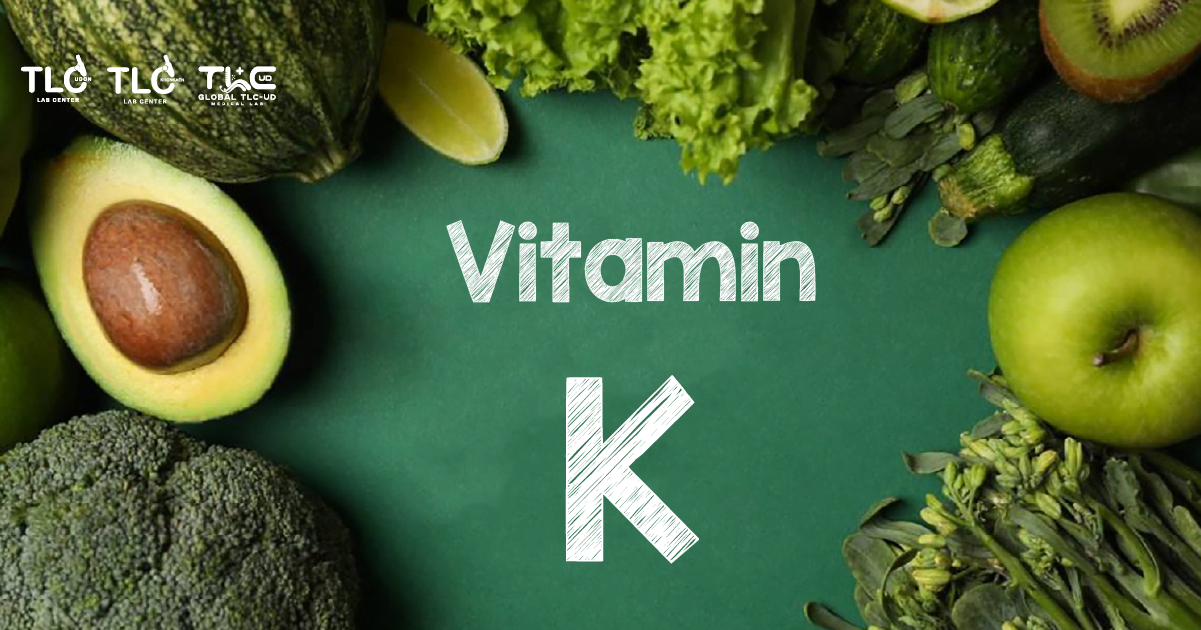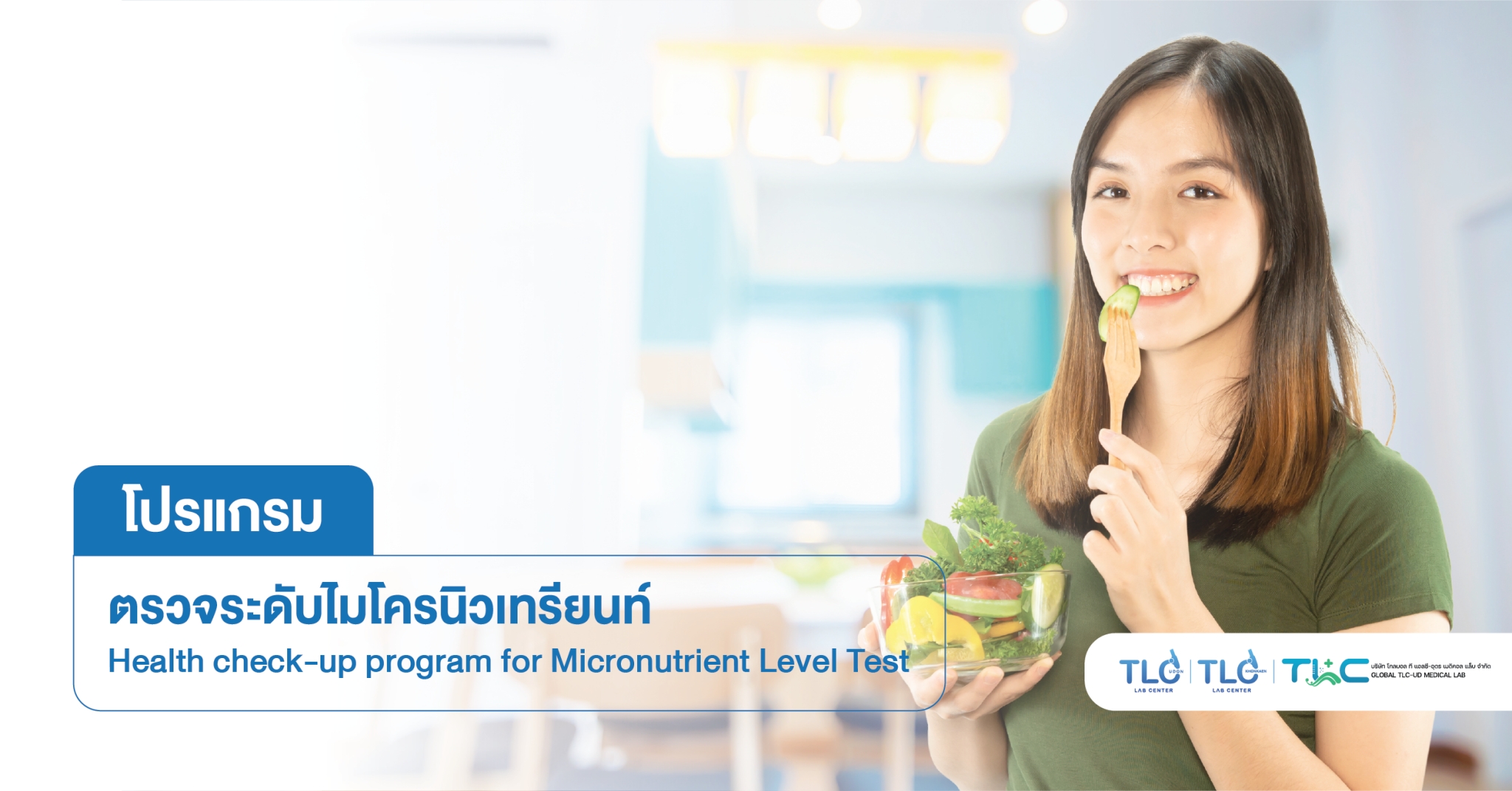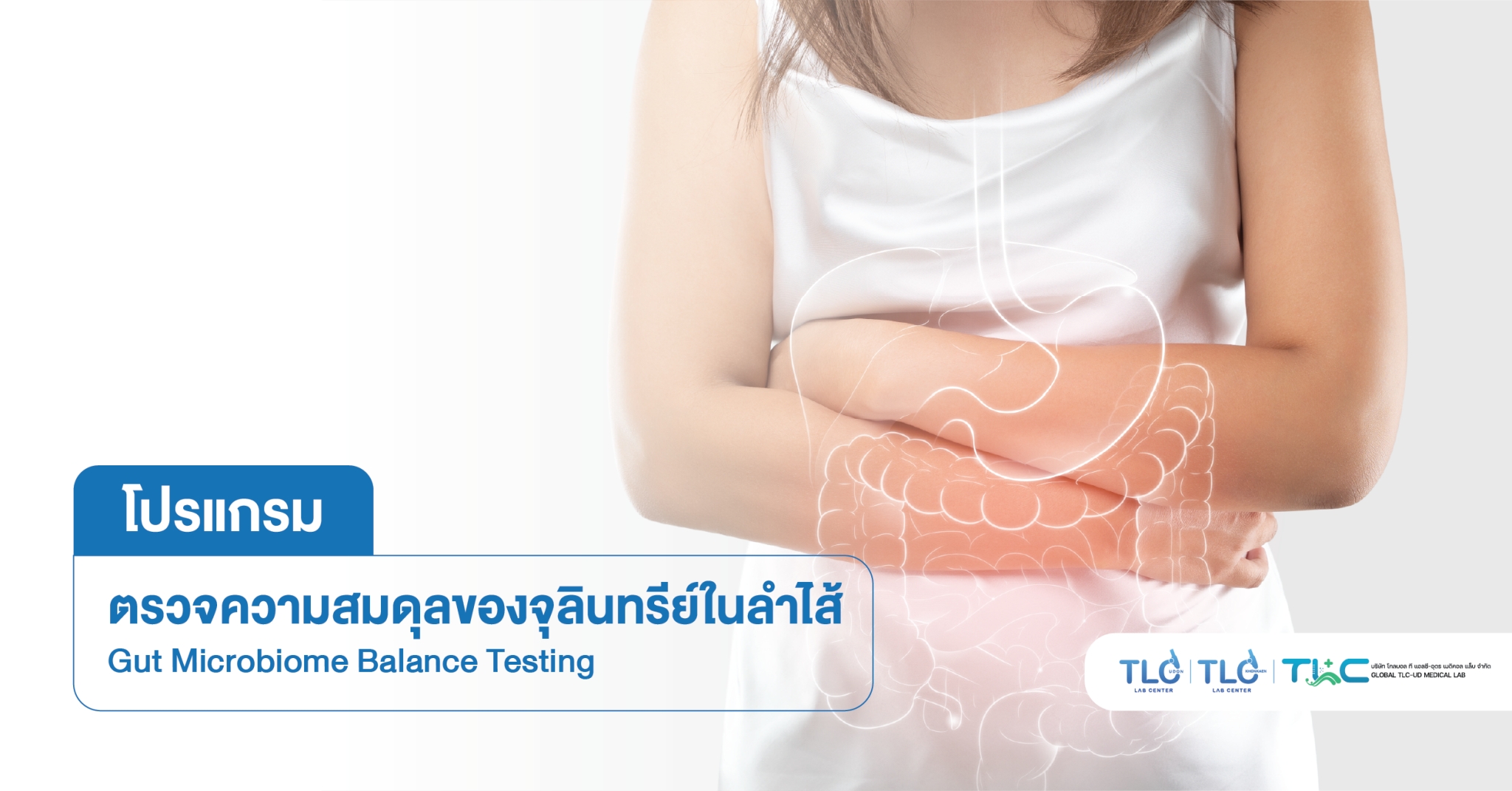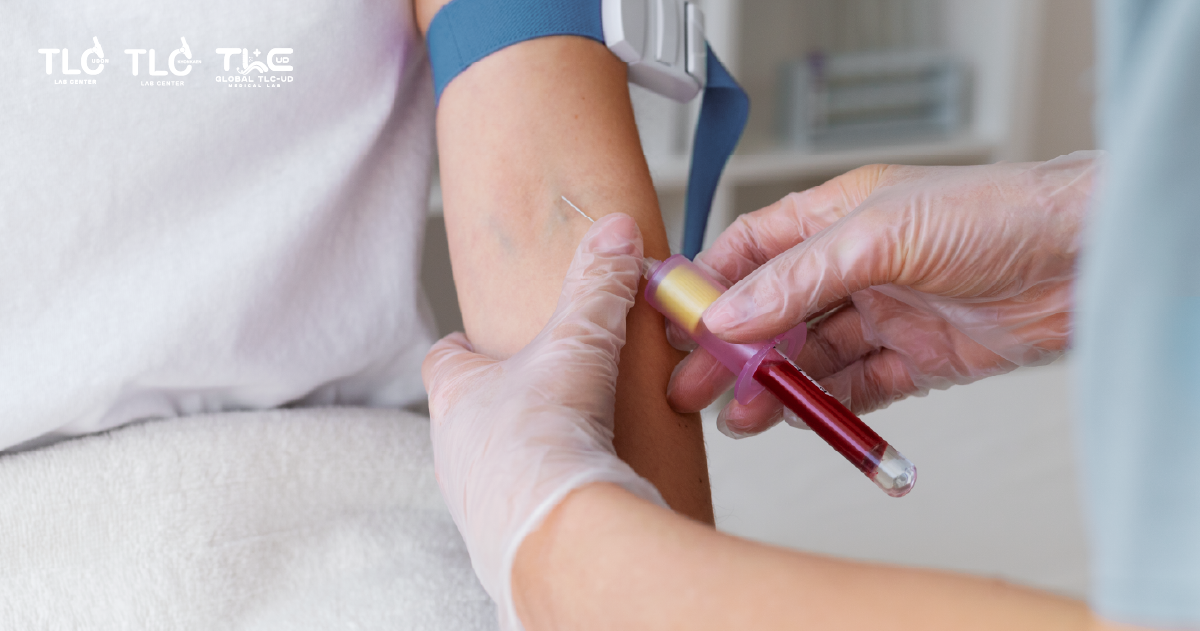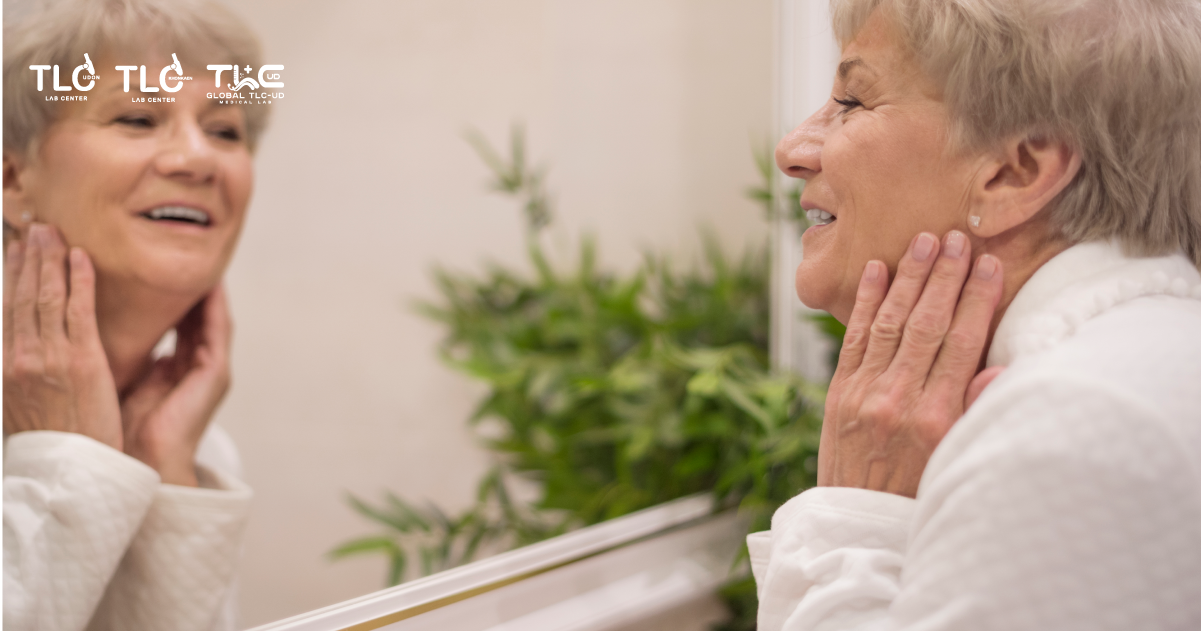What is vitamin K?
Vitamin K is a fat-soluble vitamin. It is found in nature and has 2 forms:
- Vitamin K1 or phylloquinone is found in green leafy vegetables, tomatoes, and cauliflower.
- Vitamin K2 or menaquinone is found in meat. liver, cheese, and egg yolk and from synthesis by intestinal bacteria.
Functions of Vitamin K
- Blood Clotting: It aids in the blood clotting process and helps prevent excessive bleeding.
Bone Health: It plays an important role in maintaining bone tissue, leading to improved bone health and reducing the risk of osteoporosis.
Benefits of Vitamin K:
- Helps prevent internal bleeding and uncontrolled bleeding.
- Helps alleviate heavy menstrual bleeding.
- Aids in the blood clotting process.
- Helps prevent brittle bones.

Foods High in Vitamin K1:
- Foods high in vitamin K1 include green leafy vegetables such as cabbage, kale, spinach, broccoli, lettuce, water spinach, Kajon (cowslip creeper) flowers, and asparagus
- Soybean oil and canola oil
Foods high in vitamin K2:
Vitamin K2 is commonly found in certain meats and fermented foods, which most people do not consume frequently. It has been observed that the bacteria in our gut can produce Vitamin K2, but often not in sufficient amounts.
Foods that are sources of vitamin K2 includes:
- Natto: Natto is a fermented food that is exceptionally high in Vitamin K2.
- Eggs: Eggs are a fairly good source of vitamin K2.
- Some types of cheese, fermented cheeses, such as Jarlsberg, Edam, Gouda, Cheddar, and blue cheese, contain vitamin K2 produced by bacteria used during their production.
Daily intake of vitamin K:
- Male: 19 years and older: 120 mcg/day
- Female: 19 years and older: 90 mcg/day
- Pregnant or breastfeeding women under the age of 19 years old: 75 mcg/day
- Pregnant or lactating people aged 19-50 years: 90 mcg/day.
Factors that cause vitamin deficiency
- Foods consumed: The food consumed in each meal each day may contain too few vitamins, especially in burnt and charred food containing fewer vitamins and no antioxidants, as well as food that has been cooked for too long which will also have fewer vitamins.
- The body needs more vitamins in the cases of pregnant women, breastfeeding mothers, and people who use a lot of energy, such as athletes, and people who exercise more than usual. For people who have diseases, that is one of the factors which can cause vitamin deficiency in the body.
Symptoms of vitamin K deficiency
- The initial symptoms of Vitamin K deficiency include excessive bleeding and easy bruising, often due to impaired blood clotting. Bleeding may begin with symptoms such as gum bleeding or frequent nosebleeds, and in some cases, blood may ooze from minor wounds.
- Menstrual pain is increased, and the amount of menstrual blood is higher than normal.
- Gastrointestinal bleeding, which can cause blood in the urine or stool.
- Decreased bone mass.
Use of Vitamin K Supplements:
Vitamin K deficiency can be indicated by symptoms such as easy bruising, prolonged bleeding, and difficulty in clotting.
Vitamin K supplements may be taken in the form of standalone Vitamin K or combined with other vitamins and minerals like Vitamin D, calcium, or magnesium.
The types of Vitamin K commonly found in dietary supplements vary in quantity depending on the brand.
Laboratory tests
Vitamin K Levels: These will be a guide for choosing supplements.

